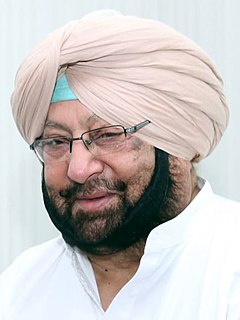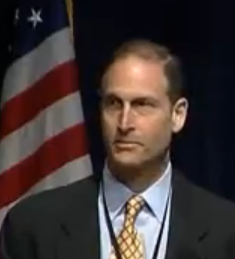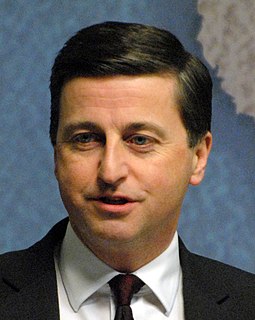A Quote by Dinesh Paliwal
Technology has enabled an environment where information is constantly fed to us on a real-time basis. You can't slow the feed of information, nor would you want to, but you can control and organize your consumption.
Quote Topics
Related Quotes
Today your technology is far more sophisticated. Forget about sending a reconnaissance aircraft, your satellites provide you information on a minute-to-minute basis. Similarly, when missiles were fired, every missile has a camera in its cone, on its nose, and it keeps relaying information until the point of its impact.
What has happened is that genetics has become a branch of information technology. It is pure information. It's digital information. It's precisely the kind of information that can be translated digit for digit, byte for byte, into any other kind of information and then translated back again. This is a major revolution. I suppose it's probably "the" major revolution in the whole history of our understanding of ourselves. It's something would have boggled the mind of Darwin, and Darwin would have loved it, I'm absolutely sure.
Rational behavior ... depends upon a ceaseless flow of data from the environment. It depends upon the power of the individual to predict, with at least a fair success, the outcome of his own actions. To do this, he must be able to predict how the environment will respond to his acts. Sanity, itself, thus hinges on man's ability to predict his immediate, personal future on the basis of information fed him by the environment.
Normally if you add information to information, you have more information. In case of my art, I destroy information, I would say, because the image is disturbed by the writings. In a way, they become pure imagery. For me it's really fun because it's an idealistic approach to images, to just play around with information and see what's happening.
An important verity about knowledge is that the brain works most effectively with consciously retained information. We more easily remember what we want to recall later. When we feed our fourteen billion brain cells with information that will enrich us and help others, we are really learning to Think Big.



































